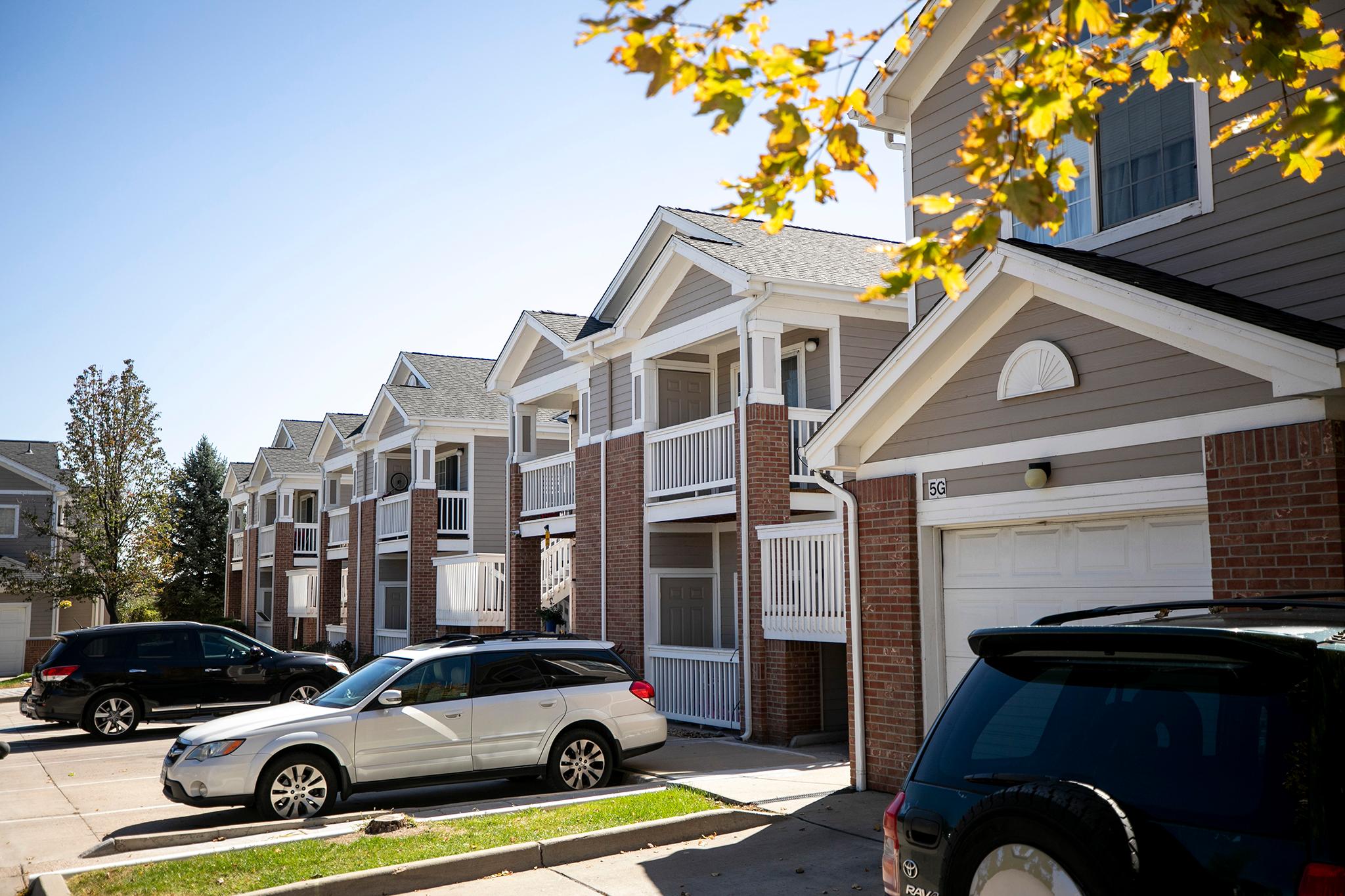The cost of Denver homeownership is just one piece of what makes living here so ridiculously expensive.
Home insurance prices don't help.
Nationally, homeowners pay an annual average of $2,230 for $300,000 in home coverage.
Meanwhile, here in Denver, residents are paying $3,344 a year, according to the July home insurance report from the personal finance website Bankrate.
You're paying $1,144 a year more than the average homeowner in the United States. The average monthly premium is a steep $260.
The reason? Gnarly storms, hail, tornadoes and wildfires.
While our insurance rates are higher than many places in the state, the more affordable city of Colorado Springs is paying slightly more: an average of $3,403 annually.
Arvada, at $3,196, and Westminster, at $3,219, offer slightly better deals than the Mile High City.
At least we're not the most expensive place to insure a home nationwide.
In Florida, residents are paying $5,533 to get $300,000 in home insurance.
Why the super high rates? Hurricanes, flooding and even sinkholes gobbling up homes.
That's followed by Nebraska at $5,249, thanks to hail, flash floods and tornadoes.
Oklahoma is at $4,700, due to a similar cocktail to Nebraska's, plus earthquakes.
And neighboring Kansas has high rates too: $4,103. "Wizard of Oz" got it right. Tornadoes are painfully common.
Some states offer a bargain.
Vermont comes in at $806, West Virginia at $952, Delaware at $966, New Hampshire at $973 and Oregon at $986 per year for $300,000 of coverage.
"Keep in mind that while flooding is a concern in many states, flood insurance is not part of standard homeowners policies," according to Bankrate. "If you live in an area at risk for flooding, you will need to purchase a separate flood insurance policy. Earthquakes are also a common homeowners insurance exclusion. Like floods, earthquake damage must be covered by a separate policy."
And nationwide, insurance costs are up.
“Home insurance premiums have been steadily rising due to several factors, including increasing natural disasters, higher construction costs, and inflation," wrote Joel Efosa, the CEO of Fire Cash Buyer, a company investing in fire-damaged homes.
“The frequency and severity of events like hurricanes, wildfires, and floods have significantly impacted insurers' risk assessments, leading to higher premiums for homeowners," he added. "And for those who are rebuilding homes, the cost has surged due to supply chain disruptions and labor shortages."
So what should homeowners do to get the best rate?
“It's essential for homeowners to regularly review their policies and shop around to ensure they get the best coverage and rates available," Efosa notes.













